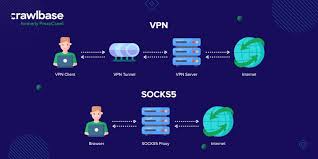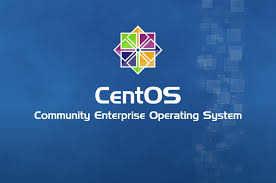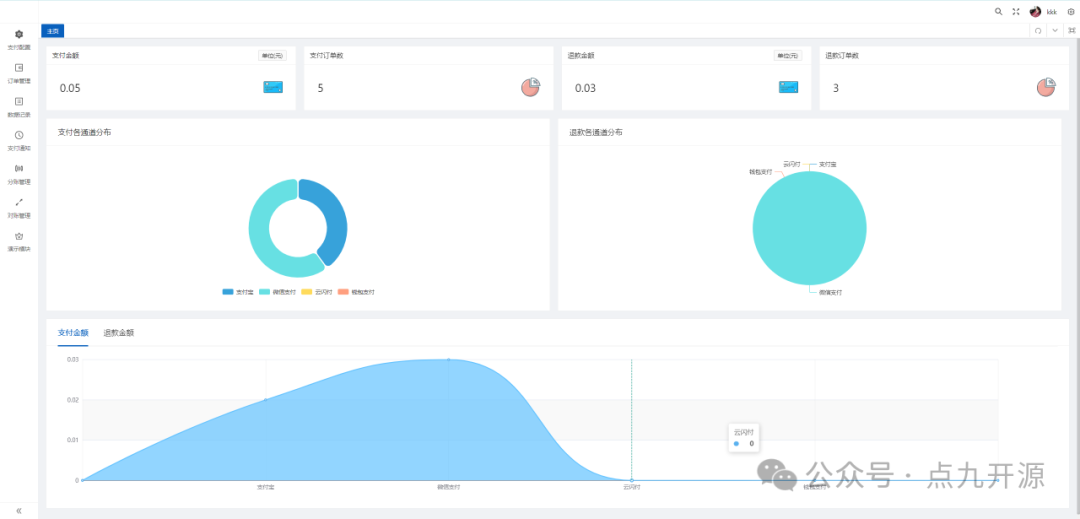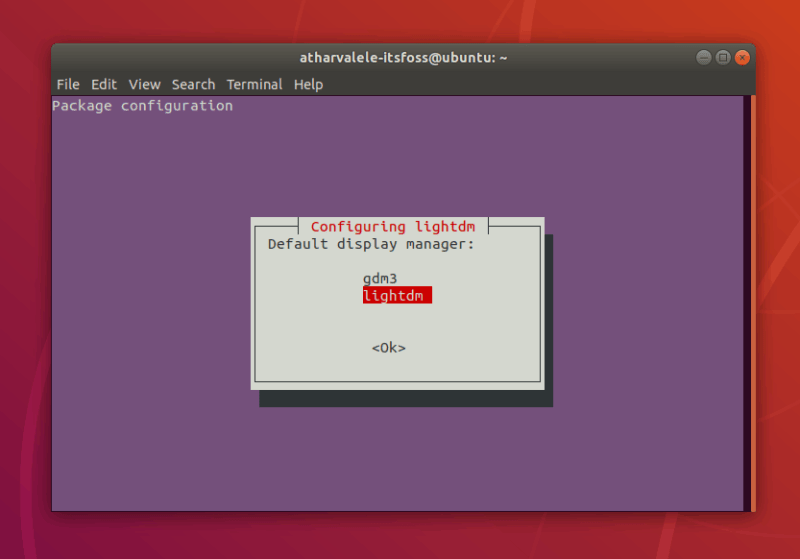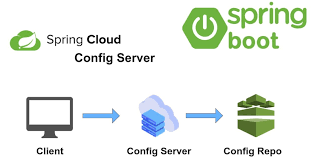
支撑每秒数百万订单无压力,SpringBoot + Disruptor 太猛了!
在高并发系统中,传统的队列或锁机制往往无法满足极限情况下的性能需求。Disruptor 是由 LMAX 交易所开发的一种高性能并发框架,设计初衷就是为了解决高频金融交易中的并发处理问题。与传统的队列机制不同,Disruptor 采用环形缓冲区(RingBuffer)和无锁算法(Lock-Free Algorithm),最大程度地减少了线程上下文切换和内存屏障的开销,从而能够在高并发场景下提供极低的延迟和极高的吞吐量。
Disruptor 的核心特性包括:
-
无锁设计:通过使用无锁算法,Disruptor 避免了传统锁机制的竞争问题,从而大幅提升了系统的吞吐量。
-
低延迟:Disruptor 可以在纳秒级别处理事件,确保系统在高并发场景下的极低延迟。
-
高吞吐量:由于无锁设计和高效的缓存使用,Disruptor 能够轻松处理每秒数百万级别的事件。
-
环形缓冲区:通过环形缓冲区,Disruptor 能够高效利用内存,并且避免了垃圾回收机制带来的性能损耗。
下面是 LMAX 如何在其高性能核心服务(例如交易所)中使用 Disruptor 的一个例子。
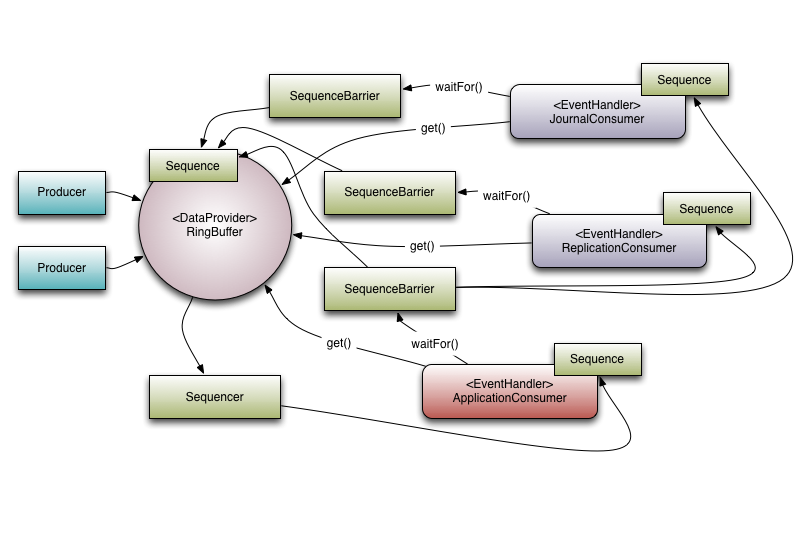
本文将详细讲解如何通过 Spring Boot 集成 Disruptor,实现每秒百万订单的无压力处理,并提供完整的代码示例,助你轻松应对高并发挑战。
项目环境配置
Maven 配置 (pom.xml)
首先,我们需要在 pom.xml 中引入必要的依赖项,包括 Spring Boot 和 Disruptor:
<dependencies>
<!-- Spring Boot 相关依赖 -->
<dependency>
<groupId>org.springframework.boot</groupId>
<artifactId>spring-boot-starter-web</artifactId>
</dependency>
<dependency>
<groupId>org.springframework.boot</groupId>
<artifactId>spring-boot-starter-thymeleaf</artifactId>
</dependency>
<!-- Disruptor 依赖 -->
<dependency>
<groupId>com.lmax</groupId>
<artifactId>disruptor</artifactId>
<version>4.0.0</version>
</dependency>
<!-- 其他依赖 -->
<dependency>
<groupId>org.projectlombok</groupId>
<artifactId>lombok</artifactId>
<optional>true</optional>
</dependency>
</dependencies>
Yaml 配置 (application.yml)
在 application.yml 中,我们可以进行一些常规的 Spring Boot 配置,例如端口号设置等:
server:
port: 8080
spring:
thymeleaf:
cache: false
prefix: classpath:/templates/
suffix: .html
Disruptor 的核心实现
定义订单事件(OrderEvent)
首先,我们定义一个简单的订单事件类 OrderEvent,它将存储订单的基本信息:
package com.icoderoad.disruptor.entity;
import lombok.Data;
@Data
public class OrderEvent {
private String orderId;
private String userId;
private double price;
private String status;
}
定义事件工厂(OrderEventFactory)
事件工厂用于生成 OrderEvent 对象:
package com.icoderoad.disruptor.factory;
import com.lmax.disruptor.EventFactory;
import com.icoderoad.disruptor.entity.OrderEvent
public class OrderEventFactory implements EventFactory<OrderEvent> {
@Override
public OrderEvent newInstance() {
return new OrderEvent();
}
}
定义事件处理器(OrderEventHandler)
事件处理器是实际处理事件的地方。在这里,我们模拟订单处理的逻辑:
package com.icoderoad.disruptor.handler;
import com.icoderoad.disruptor.entity.OrderEvent
import com.lmax.disruptor.EventHandler;
public class OrderEventHandler implements EventHandler<OrderEvent> {
@Override
public void onEvent(OrderEvent event, long sequence, boolean endOfBatch) {
// 处理订单的具体业务逻辑
processOrder(event);
}
private void processOrder(OrderEvent orderEvent) {
// 模拟订单支付逻辑
System.out.println("处理订单: " + orderEvent.getOrderId() + ", 用户: " + orderEvent.getUserId() + ", 金额: " + orderEvent.getPrice());
// 假设订单处理通过后更新订单状态
orderEvent.setStatus("已支付");
// 模拟库存扣减逻辑
reduceInventory(orderEvent);
System.out.println("订单处理完成: " + orderEvent.getOrderId() + " 状态: " + orderEvent.getStatus());
}
private void reduceInventory(OrderEvent orderEvent) {
// 模拟库存扣减逻辑
System.out.println("扣减库存: 订单 " + orderEvent.getOrderId());
// 假设库存扣减成功
}
}
定义生产者(OrderEventProducer)
生产者负责将订单事件发布到 Disruptor 的 RingBuffer 中:
package com.icoderoad.disruptor.producer;
import com.icoderoad.disruptor.entity.OrderEvent
import com.lmax.disruptor.RingBuffer;
import java.util.UUID;
public class OrderEventProducer {
private final RingBuffer<OrderEvent> ringBuffer;
public OrderEventProducer(RingBuffer<OrderEvent> ringBuffer) {
this.ringBuffer = ringBuffer;
}
public void onData(String userId, double price) {
long sequence = ringBuffer.next(); // 获取下一个序列号
try {
OrderEvent orderEvent = ringBuffer.get(sequence); // 获取事件对象
orderEvent.setOrderId(UUID.randomUUID().toString());
orderEvent.setUserId(userId);
orderEvent.setPrice(price);
orderEvent.setStatus("未支付");
} finally {
ringBuffer.publish(sequence); // 发布事件
}
}
}
配置 Disruptor
在 Spring Boot 中配置 Disruptor 并启动它:
package com.icoderoad.disruptor.config;
import com.lmax.disruptor.dsl.Disruptor;
import org.springframework.context.annotation.Bean;
import org.springframework.context.annotation.Configuration;
import com.icoderoad.disruptor.entity.OrderEvent
import com.icoderoad.disruptor.factory.OrderEventFactory
import java.util.concurrent.Executors;
@Configuration
public class DisruptorConfig {
@Bean
public Disruptor<OrderEvent> disruptor() {
OrderEventFactory factory = new OrderEventFactory();
int bufferSize = 1024; // RingBuffer 大小
Disruptor<OrderEvent> disruptor = new Disruptor<>(factory, bufferSize, Executors.defaultThreadFactory());
// 绑定事件处理器
disruptor.handleEventsWith(new OrderEventHandler());
disruptor.start();
return disruptor;
}
@Bean
public OrderEventProducer orderEventProducer(Disruptor<OrderEvent> disruptor) {
return new OrderEventProducer(disruptor.getRingBuffer());
}
}
生产订单事件
通过 REST API 接收订单请求,并将订单事件发布到 Disruptor:
package com.icoderoad.disruptor.controller;
import org.springframework.beans.factory.annotation.Autowired;
import org.springframework.http.ResponseEntity;
import org.springframework.web.bind.annotation.*;
import com.icoderoad.disruptor.producer.OrderEventProducer;
@RestController
@RequestMapping("/orders")
public class OrderController {
@Autowired
private OrderEventProducer orderEventProducer;
@PostMapping("/create")
public ResponseEntity<String> createOrder(@RequestBody OrderRequest orderRequest) {
orderEventProducer.onData(orderRequest.getUserId(), orderRequest.getPrice());
return ResponseEntity.ok("订单创建成功,正在处理!");
}
}
class OrderRequest {
private String userId;
private double price;
// Getters and Setters
public String getUserId() {
return userId;
}
public void setUserId(String userId) {
this.userId = userId;
}
public double getPrice() {
return price;
}
public void setPrice(double price) {
this.price = price;
}
}
前端页面展示
为了更直观地展示订单的创建,我们使用 Thymeleaf 模板引擎,配合 Bootstrap 构建一个简单的订单创建页面。
Thymeleaf 模板 (order.html)
<!DOCTYPE html>
<html xmlns:th="http://www.thymeleaf.org">
<head>
<meta charset="UTF-8">
<title>创建订单</title>
<link href="https://cdn.jsdelivr.net/npm/bootstrap@5.3.0/dist/css/bootstrap.min.css" rel="stylesheet">
</head>
<body>
<div class="container">
<h1>创建订单</h1>
<form id="orderForm">
<div class="mb-3">
<label for="price" class="form-label">价格</label>
<input type="number" class="form-control" id="price" name="price" required>
</div>
<button type="submit" class="btn btn-primary">提交</button>
</form>
</div>
<script src="https://cdn.jsdelivr.net/npm/bootstrap@5.3.0/dist/js/bootstrap.bundle.min.js"></script>
<script>
document.getElementById('orderForm').addEventListener('submit', function (e) {
e.preventDefault();
const price = document.getElementById('price').value;
fetch('/orders/create', {
method: 'POST',
headers: {
'Content-Type': 'application/json',
},
body: JSON.stringify({price: price}),
})
.then(response => response.text())
.then(data => alert(data))
.catch(error => console.error('Error:', error));
});
</script>
</body>
</html>
运行流程说明
-
当用户通过前端页面提交订单请求时,
OrderController接收到请求并调用OrderEventProducer发布订单事件。 -
订单事件发布到 Disruptor 的
RingBuffer中,并自动触发OrderEventHandler的消费逻辑。 -
OrderEventHandler处理订单的业务逻辑,包括支付处理、库存扣减等操作,并更新订单状态。 -
订单处理完成后,控制台输出相关处理信息。
总结
本文通过一个具体的订单处理场景,展示了如何结合 Spring Boot 与 Disruptor 实现高性能的并发处理。通过无锁的设计和高效的事件处理机制,Disruptor 能够轻松应对每秒数百万订单的处理需求。在高并发场景下,Disruptor 是一种非常值得考虑的解决方案。
 51工具盒子
51工具盒子

